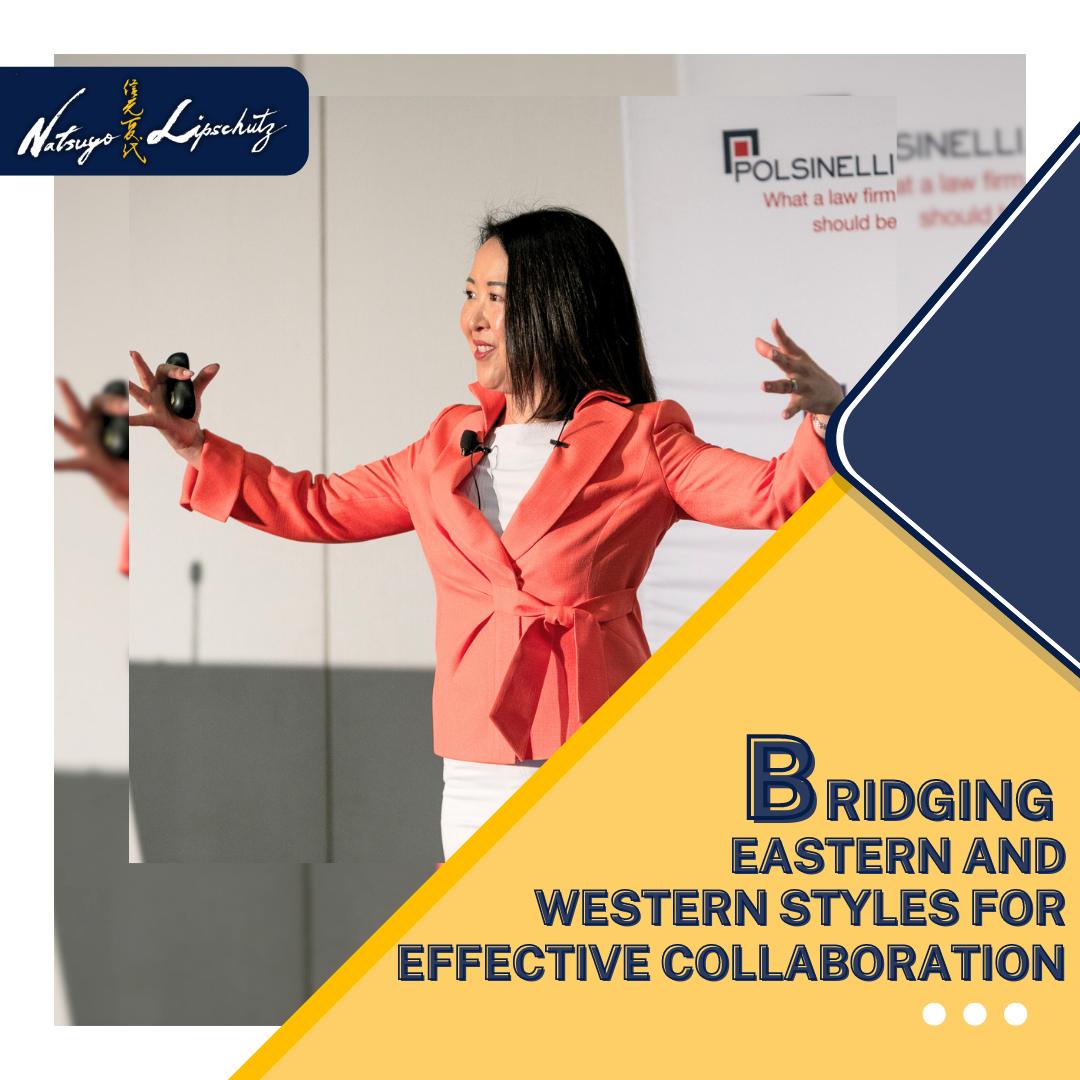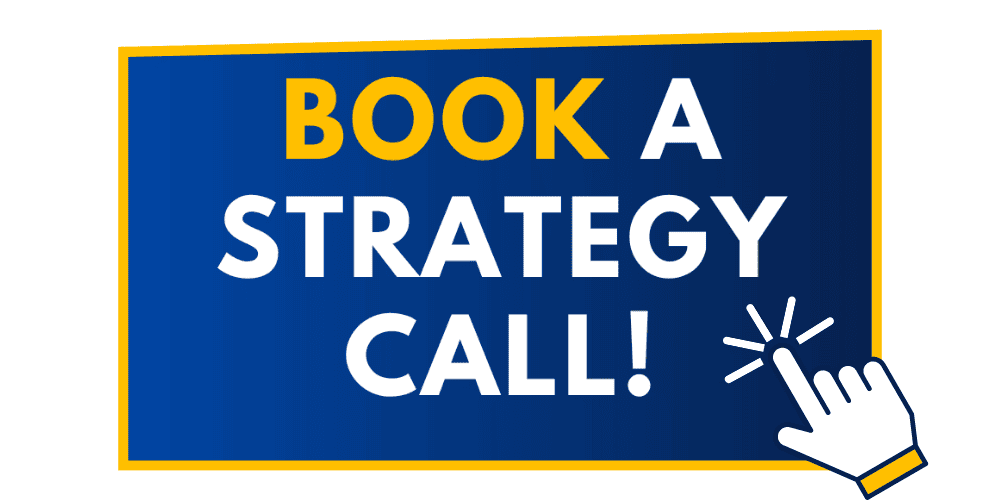
Facilitation is an art that transcends borders, but the approach to effective facilitation can vary significantly from culture to culture. Understanding these differences is crucial for anyone looking to foster collaboration and drive meaningful outcomes in a global context. In this blog post, we’ll explore how facilitation styles differ between Eastern and Western cultures and how we can leverage these insights to enhance our facilitation skills.
Facilitation involves guiding a group through discussions and decision-making processes to achieve a common goal. The facilitator’s role is to create an environment where all participants feel comfortable sharing their ideas and where the group can work together effectively. While the core principles of facilitation are universal, the methods and approaches can differ widely between cultures.
The first step in understanding facilitation styles across cultures is acknowledging that these differences exist. In Eastern cultures, such as Japan and China, there is often a greater emphasis on harmony, hierarchy, and indirect communication. Conversely, Western cultures, like the United States and many European countries, tend to value direct communication, individualism, and egalitarianism.
Eastern Facilitation Style:
- Emphasis on Harmony: In many Eastern cultures, maintaining harmony within the group is paramount. Facilitators in these settings often focus on ensuring that discussions are amicable and that consensus is reached without conflict. This can mean avoiding direct confrontation and instead finding subtle ways to address disagreements.
- Respect for Hierarchy: Eastern cultures often have a more defined hierarchical structure, and facilitators need to be aware of these dynamics. Respecting seniority and ensuring that all voices are heard in a way that honors the social hierarchy is crucial.
- Indirect Communication: Facilitators in Eastern cultures might use more indirect forms of communication to guide discussions. This can include using metaphors, stories, and non-verbal cues to convey messages and encourage participation.
Western Facilitation Style:
- Focus on Directness: In Western cultures, direct communication is often valued. Facilitators are expected to encourage open and honest discussions, where participants feel free to express their opinions and challenge ideas openly.
- Encouraging Individualism: Western facilitation often emphasizes the importance of individual contributions. Facilitators encourage participants to bring their unique perspectives and ideas to the table, creating a culture of innovation and creativity.
- Egalitarian Approach: Western cultures generally favor a more egalitarian approach, where the facilitator ensures that all participants, regardless of their position or status, have an equal opportunity to contribute.
To be an effective facilitator in a global context, it’s essential to analyze how these cultural differences impact group dynamics and decision-making processes.
Eastern Context:
In Eastern settings, facilitators need to be mindful of the importance of group harmony and collective decision-making. This means creating an environment where participants feel comfortable sharing their ideas without fear of disrupting the group’s unity. Techniques such as silent brainstorming or anonymous feedback can be useful in allowing participants to express their opinions without causing conflict.
Western Context:
In Western settings, facilitators should focus on creating open dialogue and encouraging critical thinking. This involves creating a space where participants feel safe to express dissenting opinions and where diverse perspectives are valued. Techniques such as round-robin discussions or breakout groups can help ensure that everyone has a chance to speak and that different viewpoints are explored.
Bridging Cultural Differences in Facilitation
Adapting your facilitation style to bridge cultural differences is key to effective global facilitation. Here are some tips for adapting facilitation techniques to suit both Eastern and Western contexts:
- Balance Direct and Indirect Communication: Recognize when to use direct communication to encourage openness and when to use indirect methods to maintain harmony. For example, start a discussion with a direct question, then use a story or metaphor to delve deeper into the topic.
- Respect Hierarchical Structures: In Eastern settings, acknowledge and respect the hierarchy. Invite senior members to share their perspectives first, but also create opportunities for junior members to contribute in ways that feel safe and respectful.
- Encourage Inclusivity and Innovation: In Western settings, promote an inclusive environment where all voices are heard equally. Encourage participants to challenge ideas and think creatively to find innovative solutions.
Understanding and appreciating the diverse facilitation styles across cultures is essential for anyone working in a global context. By acknowledging, analyzing, and adapting to these differences, we can create more inclusive, effective, and harmonious facilitation experiences.
Are you ready to enhance your global facilitation skills? Enroll in our comprehensive training program, “The Art of Persuasive Speaking in Global Business,” to learn how to navigate cultural dynamics, foster collaboration, and drive meaningful action. Let’s celebrate the diversity of facilitation styles and work together towards a more connected and collaborative world.
By embracing the unique facilitation styles of both Eastern and Western cultures, we can create richer, more productive discussions and drive positive outcomes in our global interactions. Let’s celebrate and leverage these cultural differences to become better facilitators and leaders.



